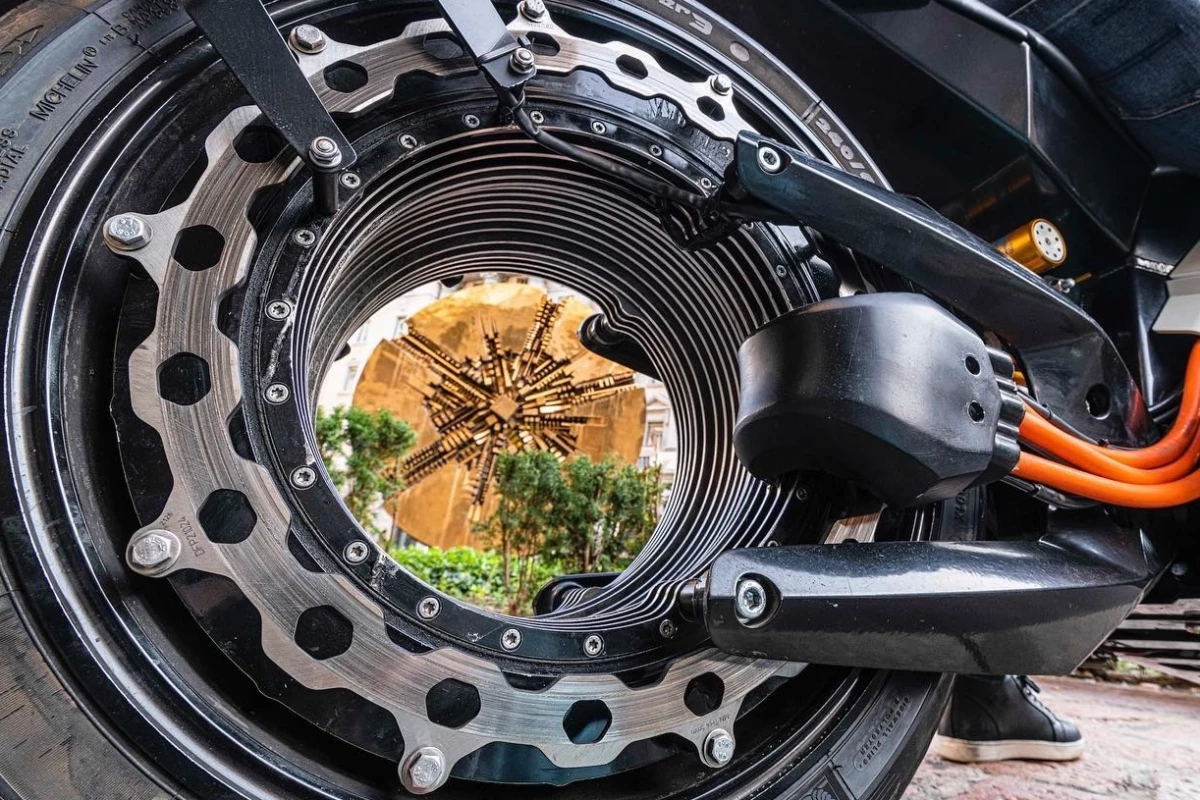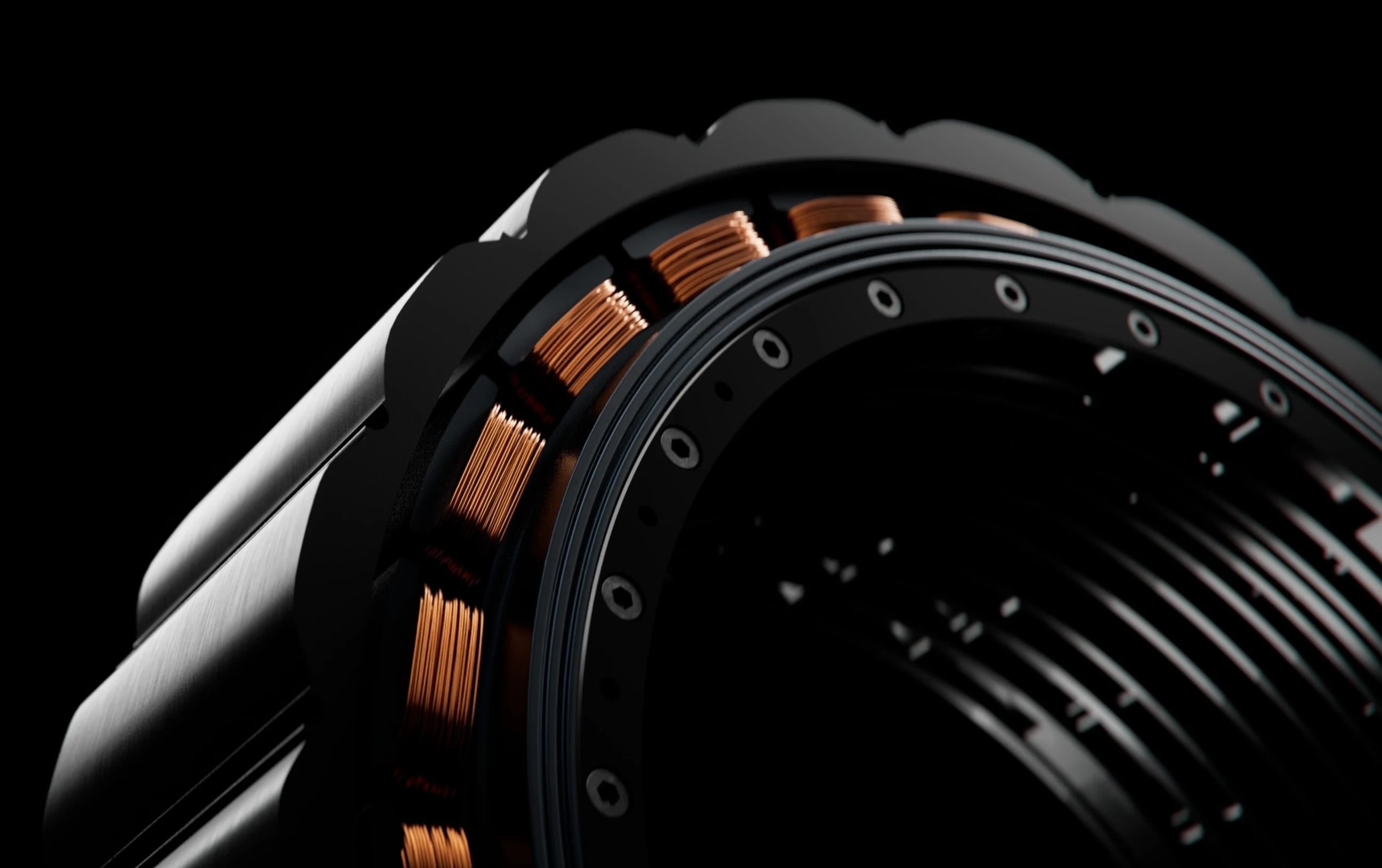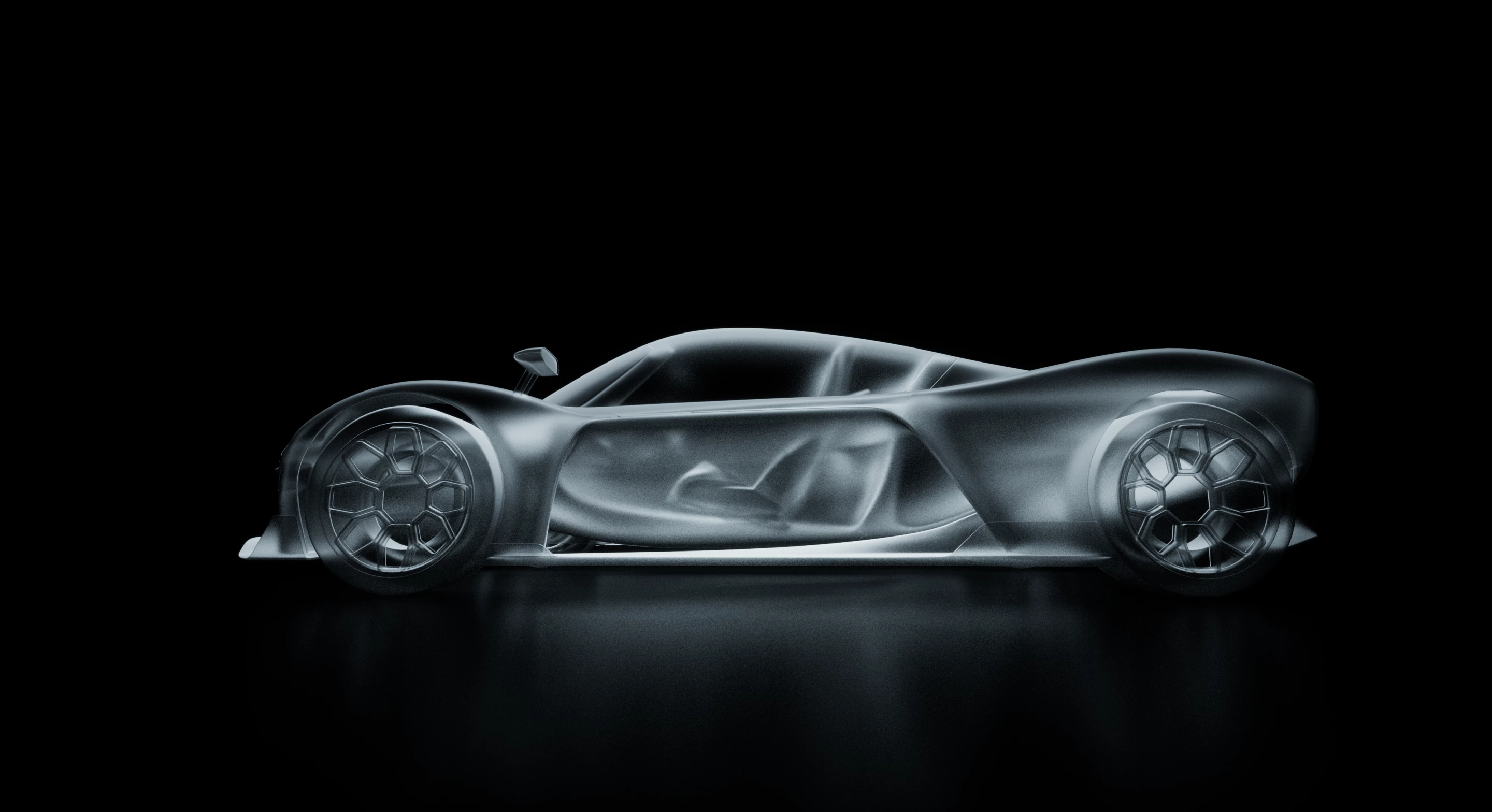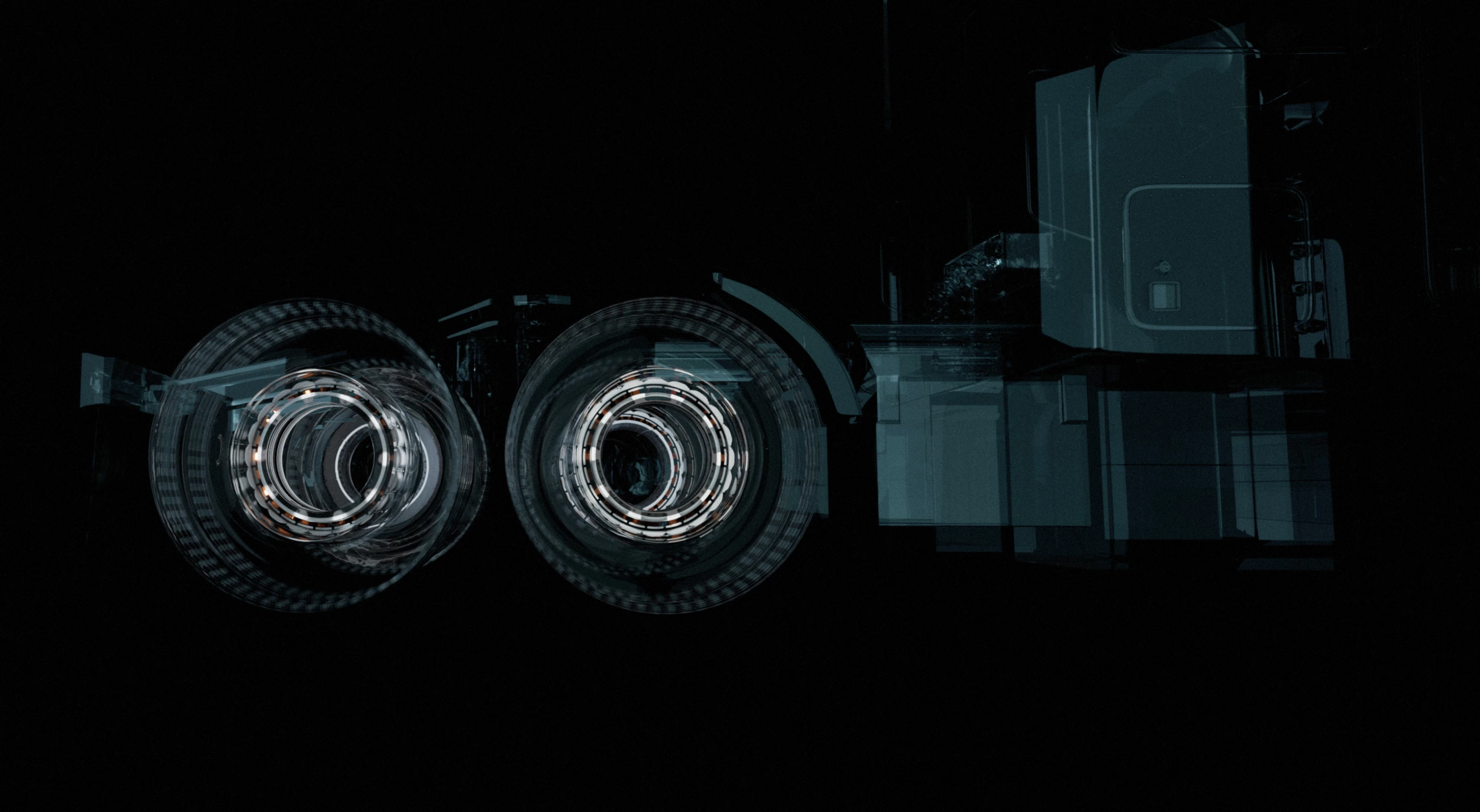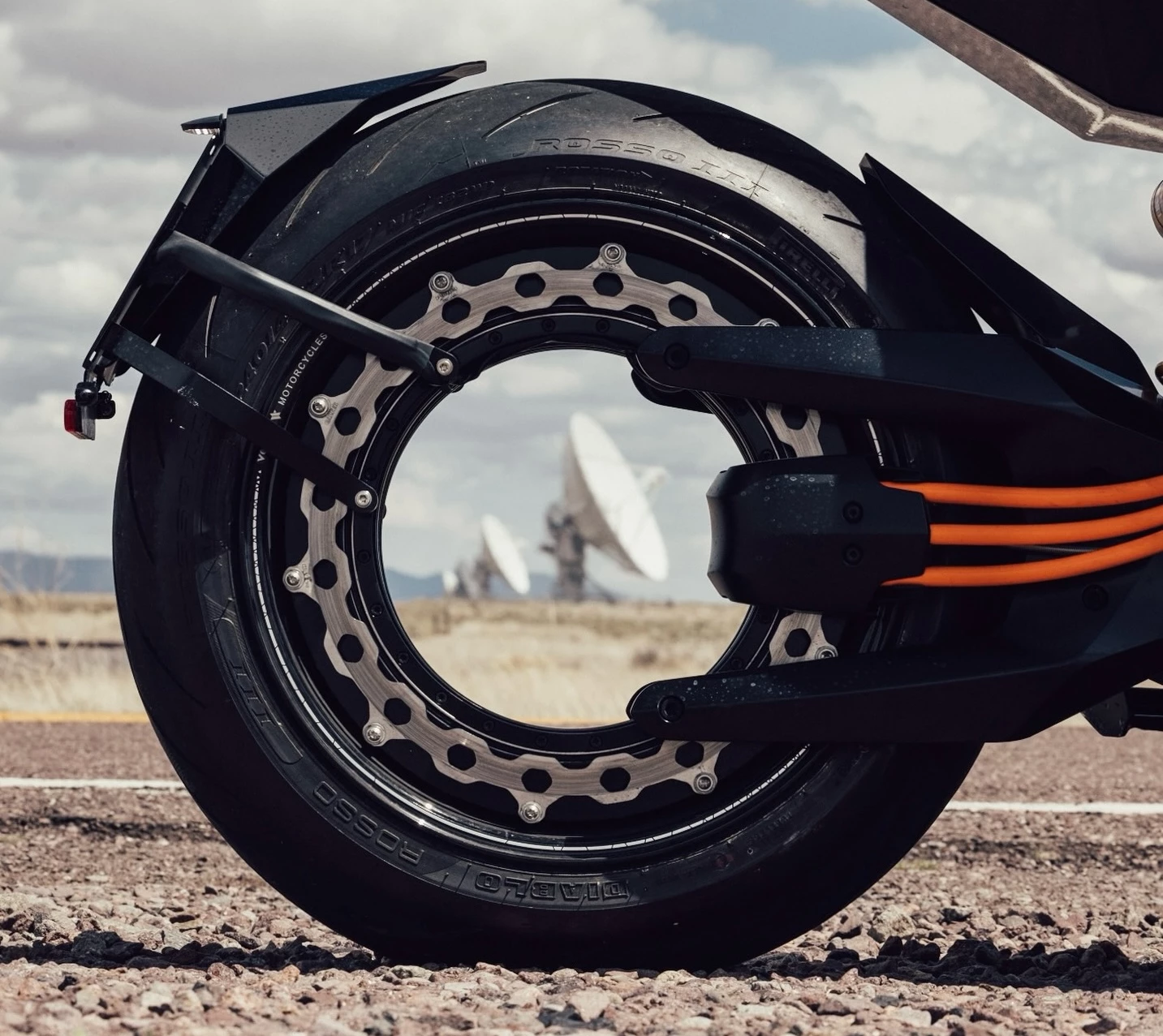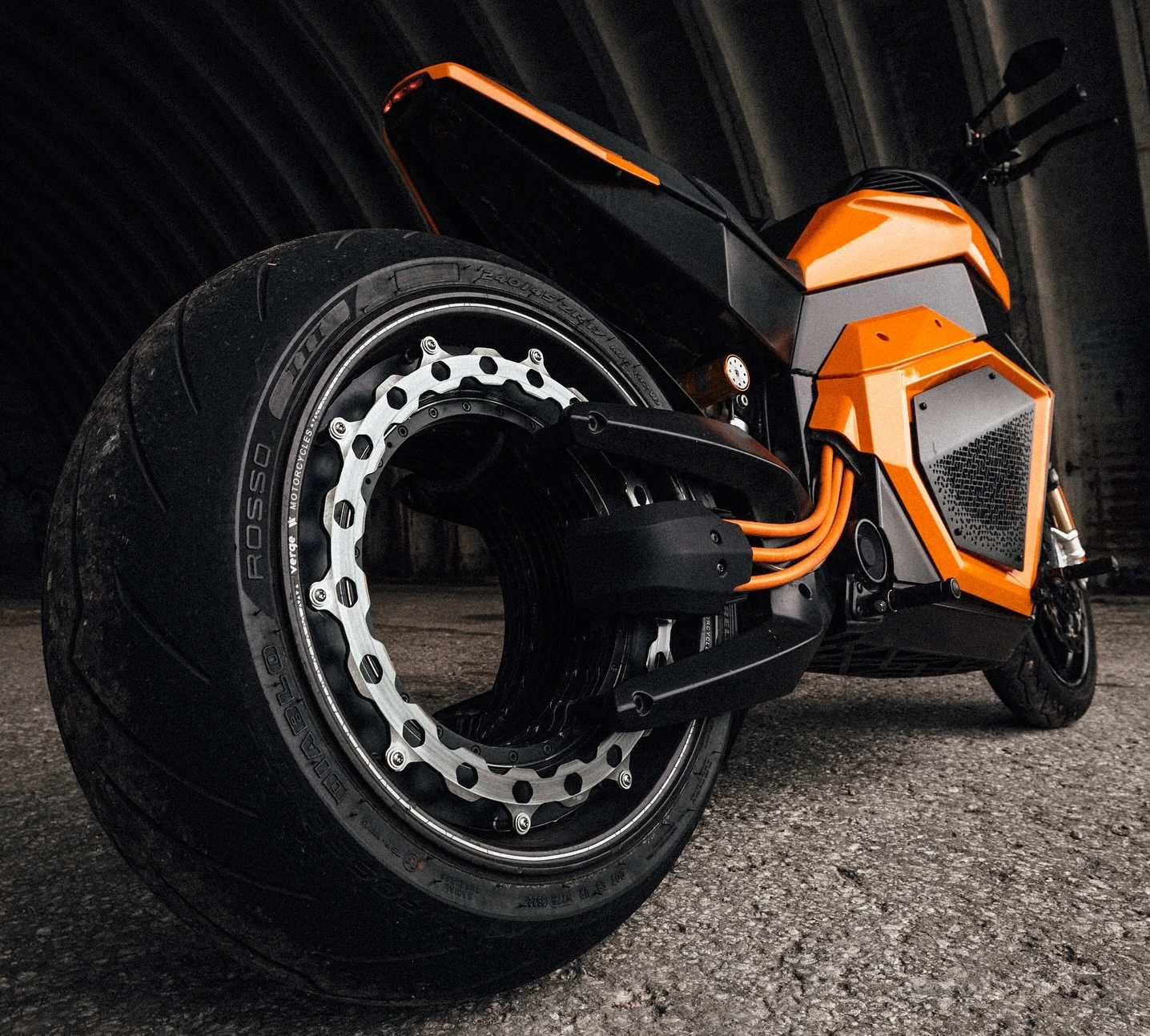A few years ago, Finnish-Estonian startup Verge launched a wild motorcycle with a rear wheel so hollow you could stick a leg straight through it. Now the moto builder has realized the powerful ring-like hub motor sitting inside that hollow wheel has untapped potential reaching far beyond just bikes. Spinoff company Donut Lab is pursuing new applications for the motor and an entire modular ecosystem of supporting electric components. The results so far – from stacked-rotor VTOLs to dominating multi-terrain single-track e-machines – are even more exotic than the Verge TS.
Only so many people are ever going to buy an electric motorcycle. But cars, semis, boats, aircraft, terrestrial and extraterrestrial off-roaders, and machinery of war? Well that blows open up your customer base by several orders of magnitude.
Enter Donut Lab, the new Verge spinoff tasked with getting those eye-grabbing hollow motors inside all those types of vehicles and more. The Lab officially announced its presence in late November with plans to sell not only motors but an entire modular architecture of electric powertrain components.
In fact, the global electric transportation market Donut Lab is taking aim at represents a US$550 billion chunk of change on the precipice of ballooning to over $4 trillion in under a decade, if we're to believe the company's research. That's a hearty pie, and even a little nibble around the crust will yield some pretty fancy second homes for Donut execs.
What Donut looks to add within that market is an extensive library of scalable electric drive components designed to work seamlessly with each other while still providing plug-and-play capability for standalone use.
"When developing [the Verge TS motorcycle], we learned how difficult and slow it is to build electric vehicles using traditional mechanisms," said Donut Lab CEO Marko Lehtimäki during last month's announcement. "The reason for this is that vehicles are built with components from different equipment manufacturers and are not designed to work together – integration work always takes up most of the time. We decided that if we were able to solve this, we would change the entire automotive industry."
The company's catalog will include battery modules, computers and vehicle control hardware, along with the inspirational seed of the whole shebang: that freaky-looking donut motor. Built from the ground up to work together seamlessly, they'll help EV developers avoid the type of integration issues that slowed Verge's motorcycle development.
We'd love to tell you more about the components themselves, and their individual spec sheets, but Donut Lab is keeping that kind of info under wraps until a more formal product introduction at CES 2025. We' will look to bring back as many details as it has to offer as soon as it's offering them.
Donut Lab's approach to supplying builders with a full toolkit of plug-and-play components is certainly intriguing, but what of the vehicles themselves? We won't say the company is exclusively pursuing wild, disruptive vehicle designs, but its initial team-ups and renderings suggest that it's at least leaning toward those types of products in the short term.
You may or may not recall the Oruga Unitrack, a highly unusual amalgam of dirt bike, snowmobile, sit-on tank tread, and revived three-wheel ATV ... with inline wheels. Still in development, the radical multi-terrain machine is being designed to seamlessly conquer rock, snow, mud and sand, without the need to so much as stop and air tires up or down along the way.
Donut Lab has revealed Oruga as one of the initial companies it's working to supply. Oruga is targeting a 74+ mph (120 km/h) top speed and a lithium battery range between 124 and 186 miles (200 and 200 km).
While Oruga is making onlookers scratch their heads on land, one of Donut Lab's other early partners is working to revolutionize the skies. HyperQ Aerospace is leaning on Donut's modular ecosystem to create a scalable heavy-lift rotorcraft it calls the Rotorhawk. Designed to be an ultra-fast VTOL, the remote-operated craft is being developed for logistics support in emergency response, firefighting, military, agriculture and more. Donut Lab frames its support as crucial toward helping the company create a long-range craft with high payload, advanced maneuverability and long-range efficiency.
If the ring-shaped motor didn't have our interest piqued on its own, those wide-ranging cutting-edge use cases would certainly get it there, as would other targets, such as humanoids, space rovers and marine vessels. Hopefully, Donut Lab will drop some more concrete info about exactly what type of "unmatched torque and power density" it's talking about come January. We'll definitely be searching those details out to report back.
Source: Donut Lab
